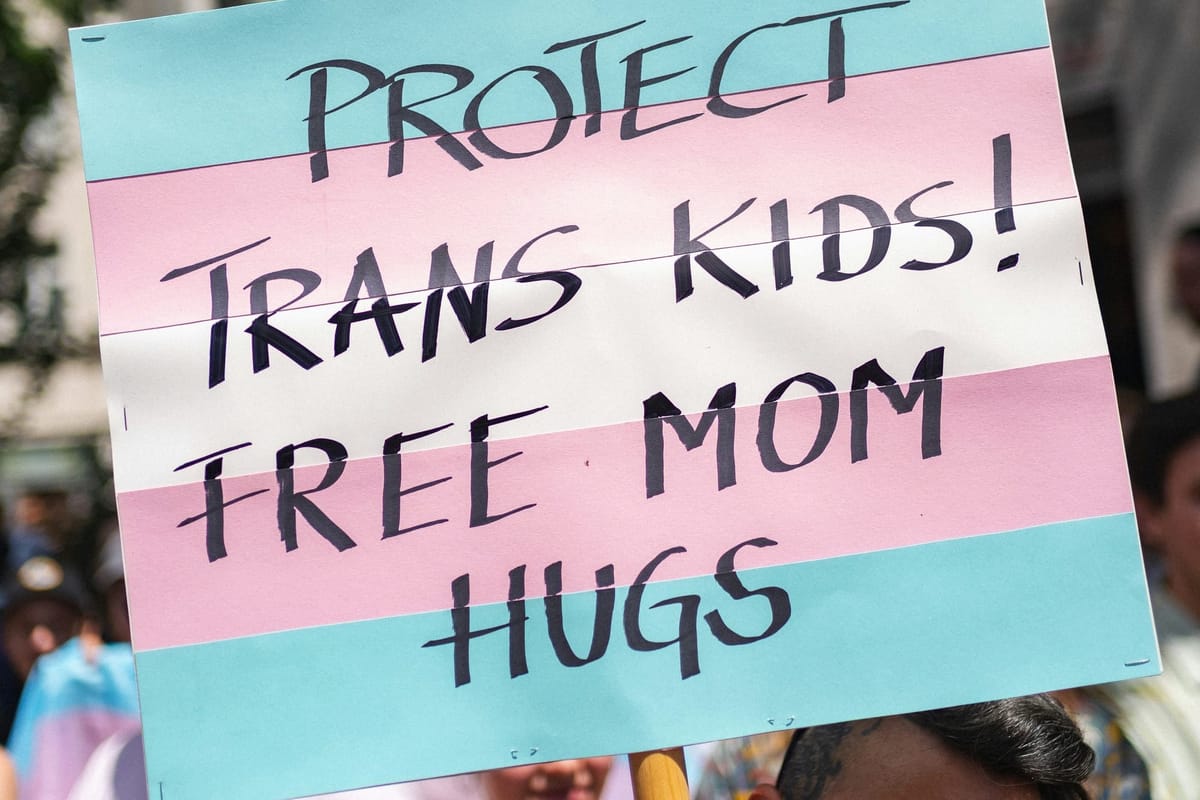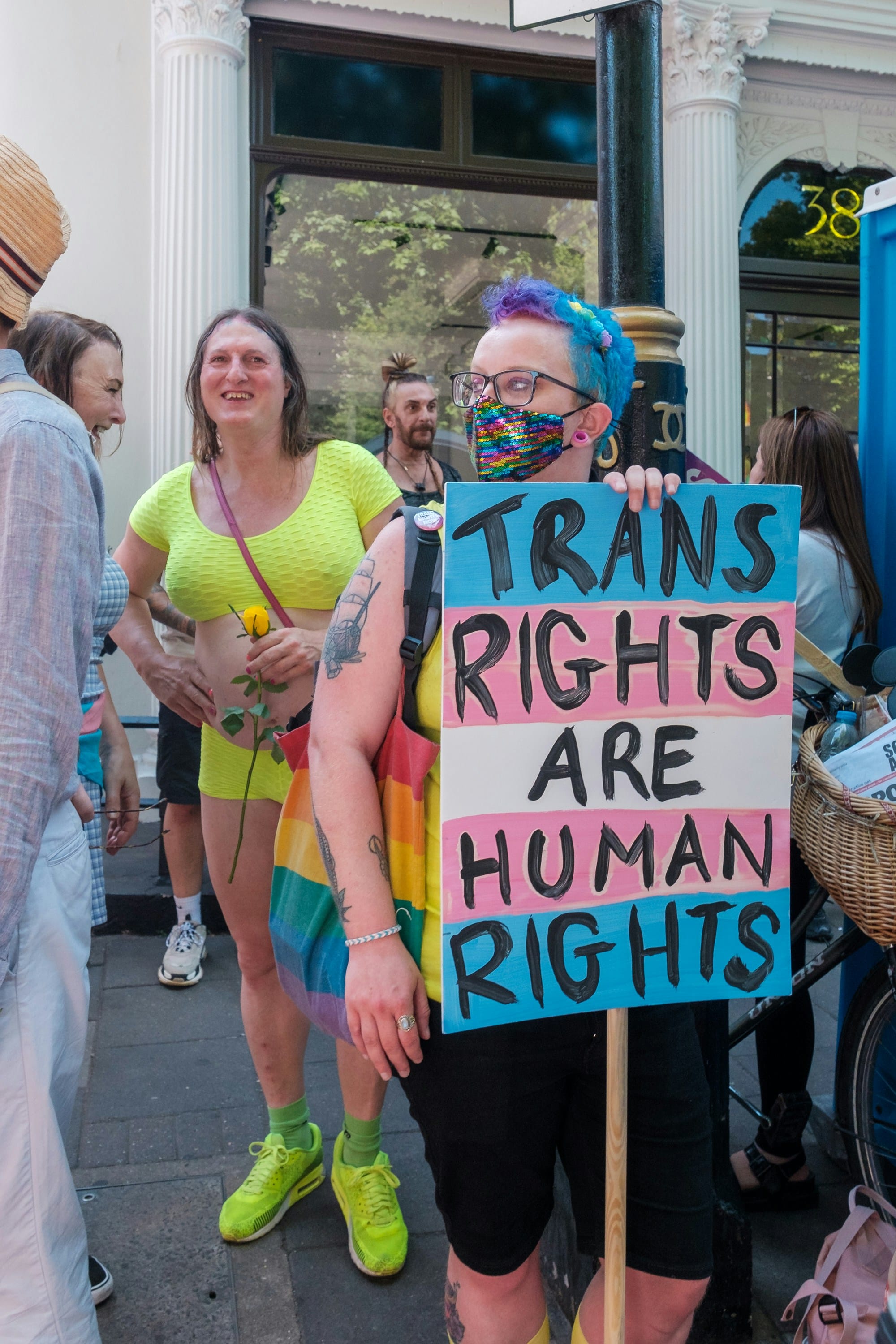Trans youth healthcare faces national axe under Trump, leak suggests

Leaked documents suggest the Trump administration is preparing sweeping federal regulations that would effectively end access to gender-affirming medical care for transgender youth across the United States. The proposals, drafted by the Department of Health and Human Services (HHS), aim to prohibit federal funding for hospitals and clinics that provide such care, including through Medicaid, Medicare and the Children’s Health Insurance Program (CHIP).
The measures, expected to be released for public comment in early November, would bar reimbursement for gender-affirming treatments for patients under 18, and in some cases under 19. A second proposed rule goes further, threatening to cut all federal funding to hospitals that offer any form of gender-affirming care to minors, regardless of how the care is paid for.
Experts warn that the proposals represent an unprecedented use of executive power to control medical practice. Katie Keith, director of the Center for Health Policy and the Law at Georgetown University, described the move as a “significant escalation” in the administration’s efforts to restrict trans healthcare. “This is not how the federal government normally uses this type of rule,” she said, noting that hospitals could be forced to shut down entire programmes, affecting patients with private insurance as well.
The leaked rules have sparked alarm among medical professionals, legal scholars, and LGBTQ+ advocacy groups. Joshua Block, senior counsel for the ACLU’s LGBTQ & HIV Project, called the proposals “an extreme and dangerous effort to put politics between families and their doctors”. Ellen Kahn of the Human Rights Campaign warned that the rules would “place parents and doctors in an impossible position” and send a message that only the president can decide what care is permissible.

The administration has also reportedly finalised a separate rule within the Department of Education that would bar nonprofit organisations supporting trans youth from accessing the Public Service Loan Forgiveness programme. The rule defines gender-affirming care in broad and misleading terms, including puberty blockers and hormone therapy, as “chemical castration”.
Since taking office in January, President Trump has signed multiple executive orders targeting transgender rights, including banning trans people from military service, eliminating diversity programmes, and declaring that the U.S. recognises “only two sexes”.
While the proposals are not yet law, and would require a public comment period followed by months of review, legal experts anticipate fierce litigation. “If it were successful, I shudder to think what this administration would do with such a tool in their hands,” said Katie Eyer, a law professor at Rutgers University.
The leaked plans have reignited debate over the role of federal government in regulating healthcare and the rights of transgender individuals. With gender-affirming care already banned in 27 states, critics argue that these proposals could amount to a de facto national ban, severely limiting access even in states where such care remains legal





Comments ()